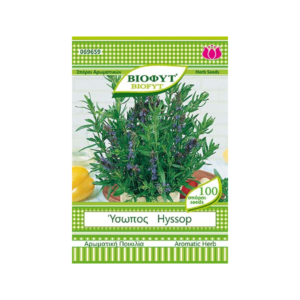Celery
Celery
Celery varieties, depending on the part of the plant for which they are grown, are divided into two main categories: a) leafy ones that have rich foliage vegetation and b) rhizomes that have less growth of the above-ground part of the plant and more root growth. The best-known varieties are the traditional variety of celery, the variety of celery and the variety of celery which have the following characteristics: Common variety of celery: Traditional local leafy variety of celery with thin shoots and leaves that have a strong aroma and flavor Celery variety: Classic leafy variety of celery with thick, crunchy stems that reach a height of up to one meter and large leaves that do not have as strong a scent as the common variety. Celery root variety: Characteristic variety of root celery eaten for its large round root, fresh or cooked in salads and soups.
Celery needs regular watering to ensure sufficient moisture in the soil and for the celery plant to have rich cool foliage. We water 2-3 times a week in the autumn period depending on the weather conditions, making sure to repeat the watering as soon as the soil dries. If the celery watering becomes less frequent and we don’t have a cool soil environment, the celery will start to turn bitter, while its shoots will not be as crisp as they acquire fiber inside.









